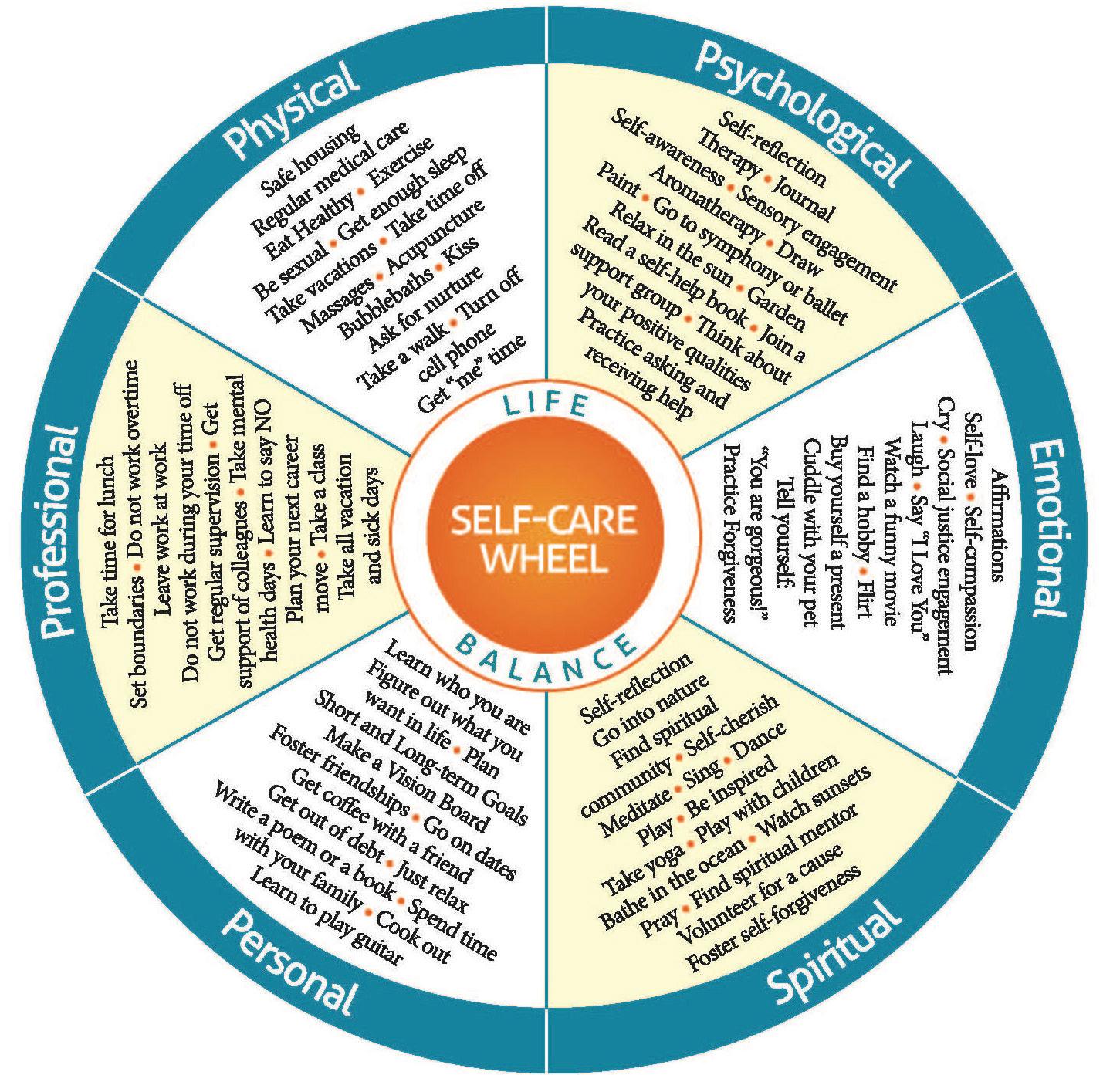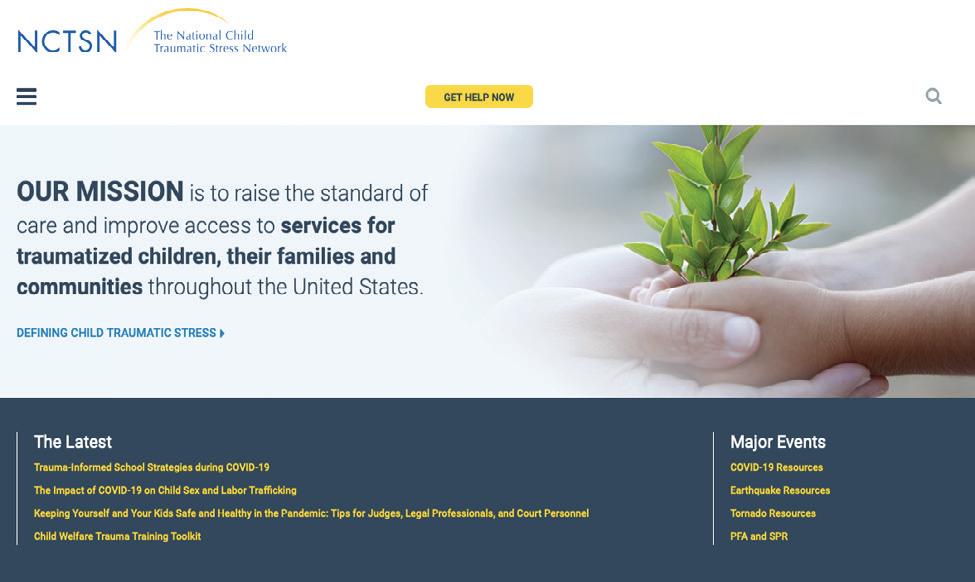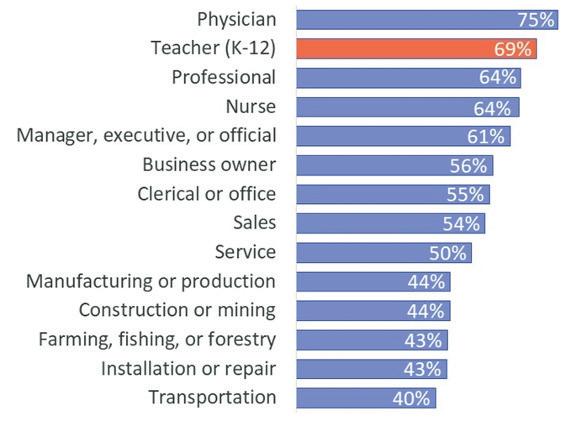Preparing for Your Future
Become a More Marketable Teacher Amy Honstein Director of Human Resources, Greeley-Evans Weld County School District 6, Colorado
T
o improve your marketability as a K-12 teacher candidate, consider the following steps:
Obtain multiple endorsements:
ü Math, science, special education, foreign language and CLD(ESL) are all high needs areas ü They allow for more teaching opportunities ü They create flexibility for your assignment once hired, helping with retention
Be open during an interview:
ü Ask what you could do to be involved outside of your classroom ü Emphasize your willingness to bring skills such as coaching sports or advising clubs to increase your value
Research employers with whom you apply and interview:
ü Know the districts and/or schools where you are applying ü Explain why you want to work there
ü Create your opportunity to showcase why they want/need you
Ask questions:
ü Reach out to the district and/or school for more information ü Be prepared to ask meaningful questions at the end of your interview (not about salary or benefits); if you can’t think of any questions, showcase your talent by talking about something they may not have asked about in the interview or something you wanted to spend a little more time on ü If you do not get the position, ask for their feedback on your interview to learn where there are opportunities for improvement.
Applying out of state:
ü Be in the process of getting that out-of-state license ü Do research on if, or how, your license will transfer ü Network through professional associations or alumni connections
Keep growing as an educator:
ü Inquire about additional education ü Pursue opportunities for professional development
The Secret to Winning a Top Job Offer Dr. Amy Holcombe Dean, Stout School of Education, High Point University, North Carolina
I
t is a sellers’ market and buyers, the school districts, know that much like real estate agents, they must creatively advertise their vacancies to teacher candidates. In addition to the traditional job fairs, littered with branded travel mugs, battery chargers, Frisbees and t-shirts, school recruiters are offering a variety of incentives to attract top talent. It’s not uncommon to find signing bonuses, housing allowances, promises of tuition reimbursement and classroom technology packages included in an offer of employment. As a savvy candidate, you should not be lured in by these quick fix gimmicks. You have just completed your teacher licensure program and are in high demand. You have the upper hand in negotiating your first job offer. The secret to winning a top job offer and launching your career is to leverage the reverse interview. Reverse interviews are, as the name implies, the opposite of a job interview. While all employers include a job interview as a part of their hiring process, few offer the opportunity for candidates to request a reverse, or reciprocal, interview of the employer. But, they should! Any offer of employment should be like a marriage—a relationship that is fulfilling, rewarding, and mutually beneficial. Employers who are truly interested in retaining you as a long-term team member will be as interested in their match to your needs as they are of your match to their needs. In all of my years offering reverse interviews, I have never had a candidate refuse the opportunity to participate in a reverse interview. Consistently, candidates reported that the reverse interview was their first and that it was a wonderful experience-one that indicated that the organizational culture was peopleoriented. The message it sent is that if you say “yes” to our offer, we will care about you and take care of you. So, how do you secure a reverse interview? Simple. Ask for one. Remember that you are in control because of high teacher demand, and if an organization is serious about hiring you, they will grant your request. In planning for your reverse interview, there are a few best practices to keep in mind. First, do not ask questions whose answers you can find on the organization’s website. This approach could potentially make you look like you did not do your research. Next, ask questions that allow you to conduct the proverbial apples-to-apples comparison of job offers. For example, one new teacher that I supported found out after accepting a job that her role was split between two schools. In neither school did she have her own classroom—instead, she was made to travel from room to room using a push cart for her supplies. To top it off, her planning time was combined with the travel time she used to drive between schools. Had she asked a few questions, she could have accepted an offer with many fewer frustrations! Generally speaking, asking questions in four broad categories should yield you the information you need to make a good decision: School Culture and Climate, Professional Growth and Development, Resources and Fiscal Support, and Job Duties. While you will likely not have the time to ask all of the following questions, you should carefully consider asking those that are most important to you.
22 American Association for Employment in Education































